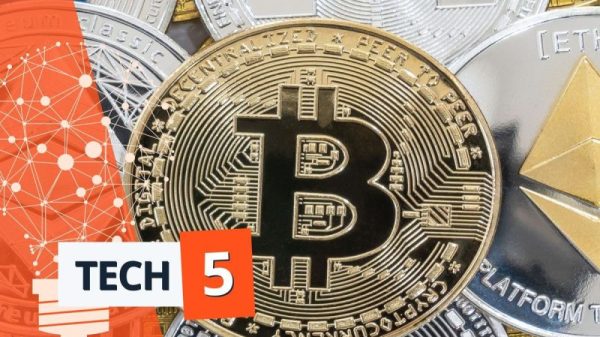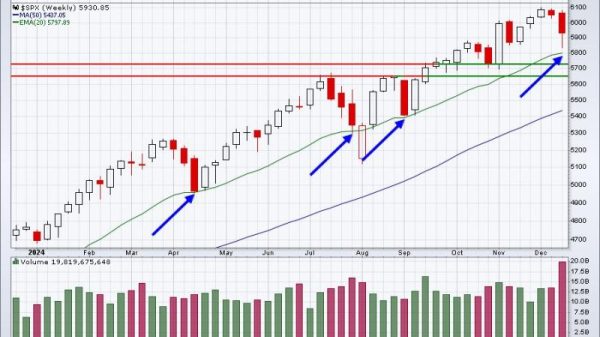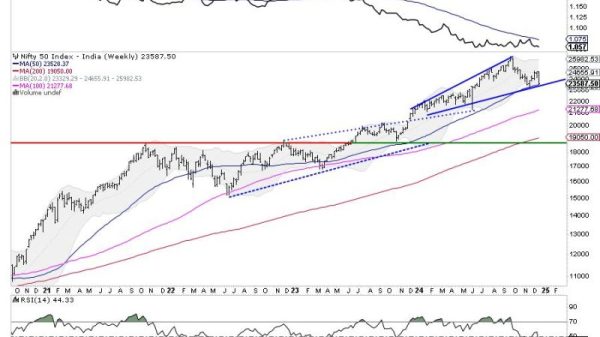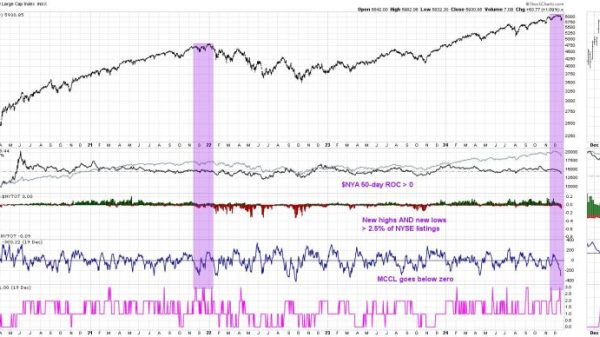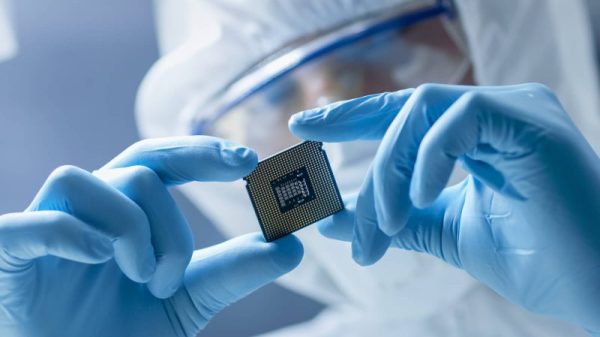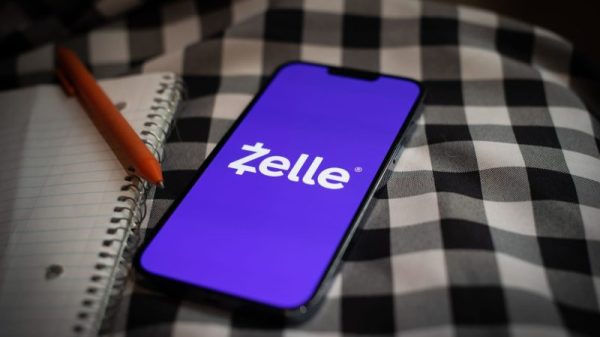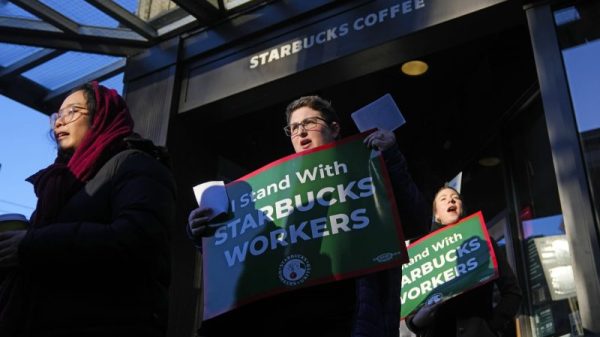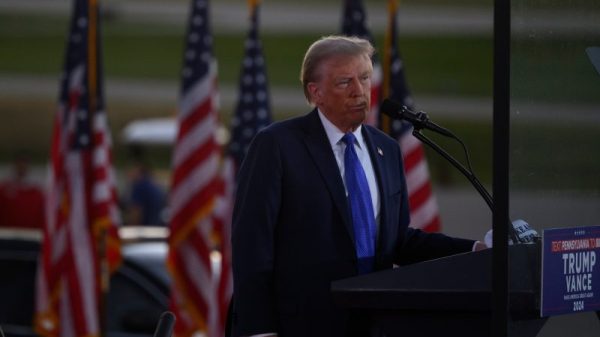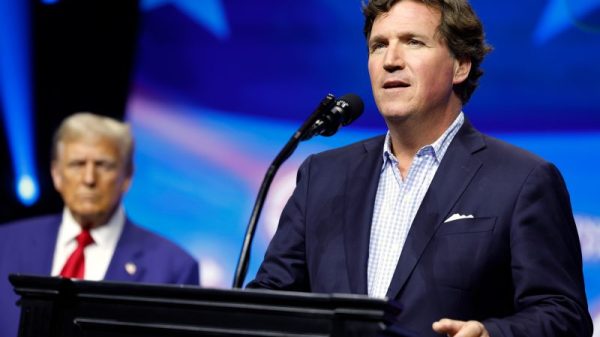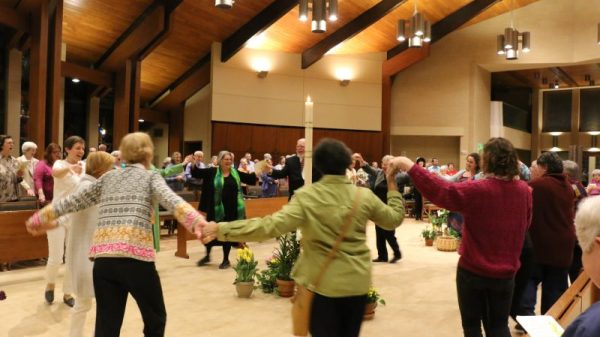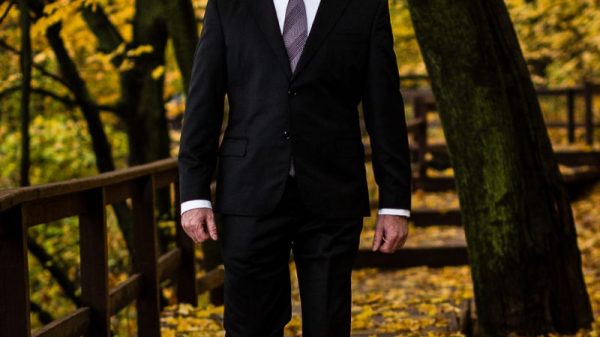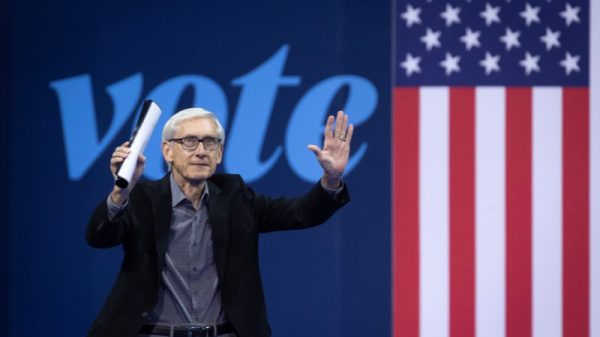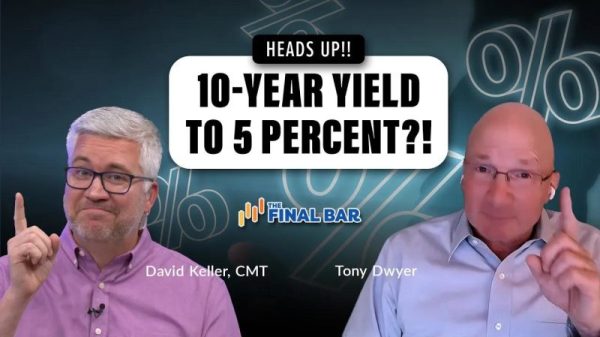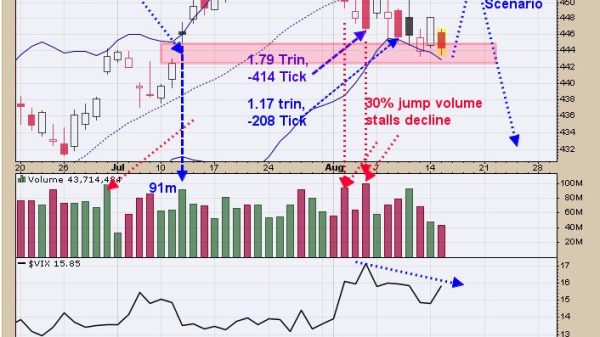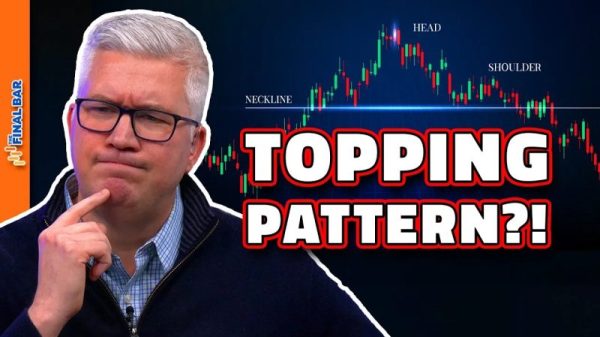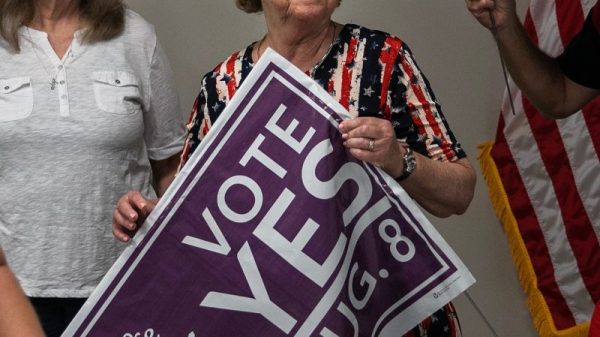A federal judge on Friday rejected Donald Trump’s claim of “absolute immunity” from criminal prosecution for actions taken while he was president, setting the stage for a legal battle over presidential power probably headed to the U.S. Supreme Court and starting the clock ticking on whether the justices will agree to allow him to face trial in Washington before the 2024 election.
U.S. District Judge Tanya S. Chutkan denied Trump’s request to toss out his four-count August indictment on charges of conspiring to defraud the federal government’s election process, to obstruct Congress’s certification of the vote on Jan. 6, 2021, and to disenfranchise American voters.
“Whatever immunities a sitting President may enjoy, the United States has only one Chief Executive at a time, and that position does not confer a lifelong ‘get-out-of-jail-free’ pass,” she wrote in the 48-page opinion. She said Trump may be subject to federal investigation, indictment, prosecution, conviction and punishment for any criminal acts undertaken while in office.
“Defendant’s four-year service as Commander in Chief did not bestow on him the divine right of kings to evade the criminal accountability that governs his fellow citizens,” Chutkan added.
Chutkan said no court or any other branch of government has ever accepted Trump’s contention that former presidents enjoy “absolute immunity from criminal prosecution.” Nor, she said, was there any basis for Trump’s double jeopardy argument asserting he could not be prosecuted for a crime unless he had been impeached and convicted of those actions while in office. It defied the Constitution’s “plain meaning, original understanding, and common sense,” she wrote.
Attorneys for Trump are expected to appeal immediately to the U.S. Court of Appeals for the D.C. Circuit, potentially delaying Trump’s scheduled March 4 trial.
The decision by the judge, a 2014 appointee of President Barack Obama, was a defeat for Trump, whose defense has said it would raise similar immunity claims in four criminal prosecutions charged this year in which he has pleaded not guilty and denied wrongdoing.
The others include a federal indictment in Florida over Trump’s alleged retention and mishandling of classified documents and obstruction after leaving the White House; a state trial in Georgia that involves similar allegations of trying to obstruct the state’s election results; and a New York state business fraud prosecution accusing Trump of covering up hush money payments made during his 2016 election campaign.
The case before Chutkan is the soonest scheduled to reach trial, and Trump has other motions pending to toss it. However, only his claims involving a constitutional right not to face trial at all must be decided before trial, posing a key hurdle as well a potential history-setting legal precedent.
U.S. prosecutors had urged Chutkan to deny Trump’s immunity claim, asserting that he is “not above the law.”
“No court has ever alluded to the existence of absolute criminal immunity for former presidents,” assistant special counsel James I. Pearce wrote. The Justice Department argued that legal principles, historical evidence and sound policy reasons establish that once former presidents leave office, they are subject to federal criminal prosecution “like more than 330 million other Americans, including Members of Congress, federal judges, and everyday citizens.”
Chutkan’s decision followed a unanimous opinion earlier in the day by a three-judge panel of the D.C. Circuit rejecting Trump’s claim of blanket immunity from civil liability for inciting the violent Jan. 6, 2021, Capitol riot. The 67-page appeals court opinion in the lawsuit filed by police officers and lawmakers distinguished between protected conduct in his “official capacity as president” and actions taken “in his unofficial capacity as presidential candidate.”
Although the appeals court panel included a judge appointed by Trump, his campaign spokesman Steven Cheung in a statement Friday night blamed “Radical Democrats” for “dangerous precedents that would cripple future presidential administrations and our country as a whole.” He vowed that “Trump will keep fighting for America and Americans, including by challenging these wrongful decisions in higher courts.”
Legal analysts said both rulings undercut Trump’s argument that as long as his actions were “within the ambit of his office, he is absolutely immune from prosecution.”
Randall Eliason, a former federal prosecutor and law instructor at George Washington University, said Chutkan’s decision “seems clearly correct, particularly in light of” the earlier ruling from the D.C. Circuit. He added that “the key question now is whether the appellate courts are willing to fast-track that appeal to allow the trial to go forward as scheduled, or whether Trump will be able to delay the trial for months, potentially past the presidential election.”
Judges, analysts suggested, may want to act swiftly so voters will know before next November whether a candidate is criminally culpable for trying to overturn the last election.
“This one is for all the marbles,” said former federal prosecutor and University of Michigan law professor Barbara McQuade. “The question is how long it will take, and it is really up to the D.C. Circuit how quickly they can decide the case.”


